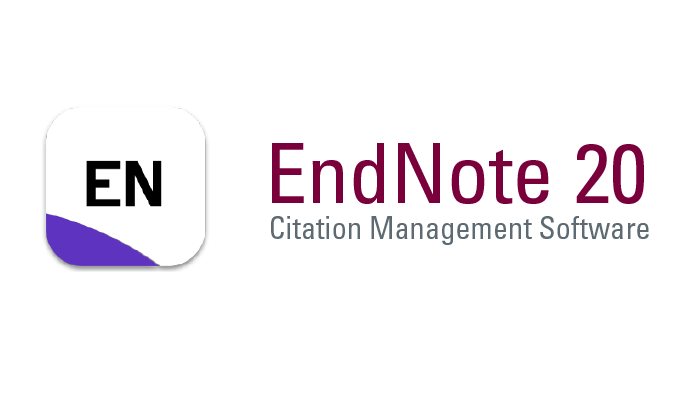MENINGKATKAN AKTIVITAS DAN HASIL BELAJAR MATEMATIKA MELALUI PENGGUNAAN STRATEGI PEMBELAJARAN JIGSAW PADA MATERI SEGIEMPAT DAN SEGITIGA
DOI:
https://doi.org/10.47887/amd.v2i2.43Keywords:
Improving Activities , Mathematics Learning Outcomes , Jigsaw Learning Strategies, Quadrilaterals and TrianglesAbstract
This research was conducted at MTsN 2 Bireuen, Central Aceh Regency, Aceh Province. In this study, the research subjects were selected by conducting random sampling by means of a lottery (Syahrum, 2009), first preparing as many pieces of paper as there were, then the pieces of paper were put into a box and taken at random, one of the papers was taken as the research sample. The paper taken is for Class VII-2 Semester 2 which contains 22 people. The object of this research is the application of jigsaw learning strategies to improve students' mathematics learning outcomes on the subject of quadrilaterals and triangles. The model in this research is Classroom Action Research (CAR), which uses Kemmis and Mc's CAR model. Taggart. This research has stages in the form of a cycle. The results of the study of the jigsaw learning strategy in mathematics subjects Class VII-2 MTsN 2 Bireuen can be said that the increase in student learning outcomes. This increase can be seen from the average value of the class has increased. This can be shown from the results of the evaluation that has been carried out to increase student learning outcomes which were originally the average value of 57.73 before the action and the first cycle increased to 69.09. While in the second cycle the increase in learning outcomes to 79.77. This shows that 86.36% of students are successful in learning mathematics by using jigsaw learning strategies.
References
Abin, Syamsudin. (1996). Psikologi Kependidikan. Bandung: Remaja Rosda Karya.
Abdurrahman, Mulyono. (1999). Pendidikan Bagi Anak Berkesulitan Belajar. Jakarta: Rineka Cipta.
A. Suhaenah Suparno. (2001). Membangun Kompetensi Belajar. Direktorat Jendral Pendidikan Tinggi Departemen Pendidikan Nasional.
Asrori, Mohammad. (2008). Psikologi Pembelajaran, Bandung: Wacana Prima
Endrayanto, Herman, dkk., (2014). Penilaian Belajar Siswa di Sekolah. Yogyakarta: Kanisius
Hamalik, Oemar. (2007). Kurikulum dan Pembelajaran. Jakarta: Bumi Aksara
Isjoni, 2009. Pembelajaran Kooperatif Meningkatkan Kecerdasan Komunikasi Antar Peserta Didik, Yogyakarta: Pustaka Pelajar
Miftahul Huda, (2011). Kooperatif Learning (Strategi, Teknik, Struktue, dan Strategi Penerapan)’ Yogyakarta: Pustaka Pelajar
Nasution, S. (2000), Didaktif Asas-asas Mengajar, Jakarta: Bumi Aksara
Slameto. (2010). Belajar dan Faktor-faktor yang Mempengaruhinya. Jakarta: Rineka Cipta.
Suharsimi, Arikunto. (2013). Dasar-dasar Evaluasi Pendidikan. Jakarta: Bumi Aksara.
Susanto, Ahmad. (2013). Teori Belajar dan Pembelajaran di Sekolah Dasar. Jakarta: Kencana.
Suyitno, Amin. (2006). Dasar-Dasar dan Proses Pembelajaran Matematika. Semarang: FMIPA UNNES
Trianto, (2010). Mendesain Model Pembelajaran Inovatif-Progresif, Jakarta: Kencana Prenada Media Group
Undang-undang No. 20 tahun. (2003). Tentang Sistem Pendidikan Nasional dan Penjelasannya. Yogyakarta: Media Wacana Pres.
Downloads
Published
How to Cite
Issue
Section
License
Copyright (c) 2021 Maryati Maryati

This work is licensed under a Creative Commons Attribution-ShareAlike 4.0 International License.
Authors retain copyright and grant the journal right of first publication and this work is licensed under a Creative Commons Attribution-ShareAlike 4.0 that allows others to share the work with an acknowledgement of the works authorship and initial publication in this journal.
All articles in this journal may be disseminated by listing valid sources and the title of the article should not be omitted. The content of the article is liable to the author.
Authors are able to enter into separate, additional contractual arrangements for the non-exclusive distribution of the journal's published version of the work (e.g., post it to an institutional repository or publish it in a book), with an acknowledgment of its initial publication in this journal.
Authors are permitted and encouraged to post their work online (e.g., in institutional repositories or on their website) prior to and during the submission process, as it can lead to productive exchanges, as well as earlier and greater citation of published work.
In the dissemination of articles by the author must declare the Al-Madaris Jurnal Pendidikan dan Studi Keislaman as the first party to publish the article.














